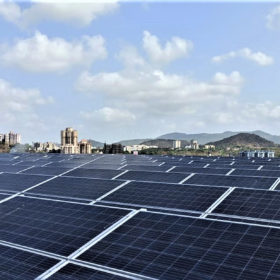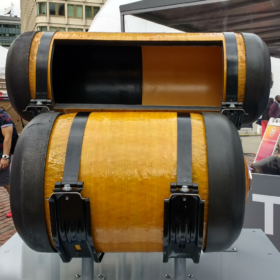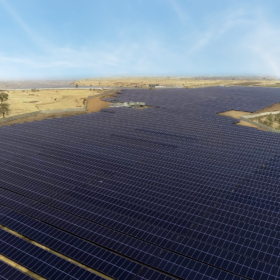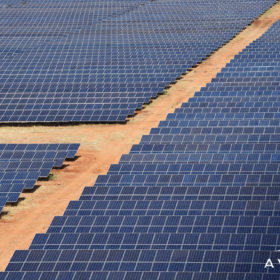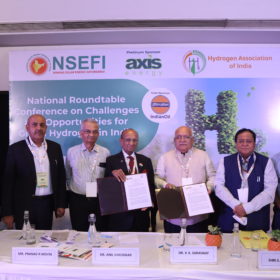Lithium battery recycling in India
Nitin Gupta, chief executive officer and co-founder, Attero Recycling, speaks to pv magazine about the supply chain concerns for lithium battery storage manufacturing in India, current battery recycling scenario and Attero’s capacity.
ALMM policy deferment, a much awaited but temporary relief to the solar market
While ALMM does support domestic manufacturers, this is not a sustained solution considering the wide demand-supply gap. Disincentivising imports could be a workable strategy when there is enough capacity back home.
UK government warns of global warming risks related to hydrogen leaks
The UK Department for Business, Energy and Industrial Strategy has published new research showing that hydrogen leaks could have an indirect climate-warming impact, partly offsetting efforts to reduce carbon dioxide emissions.
Challenges in land acquisition for solar projects
While the Central and State Governments have taken several proactive steps to make it easier for solar developers to acquire land for their projects, land aggregation remains the single biggest roadblock in implementing large-scale projects, resulting in a slowdown in the industry.
World will need 5.2TW of solar this decade to avoid climate breakdown
The International Renewable Energy Agency’s latest global outlook has spelled out just how ‘woefully’ far the world is from capping temperature rises at 1.5C, and lamented: ‘The stimulus and recovery efforts associated with the pandemic have also proved a missed opportunity.’
COP26: Calling for foresight of collective consciousness in energy transition
The modernization and transition of energy sources towards environment-friendly options, jointly exercised with the capacity to conserve the proven available reserves, is an action fraught with foresight. The emergence of the future scenarios and how it will all play out in the long term remain unknown to the human consciousness. However, the foresight emanating through the intertwining of the collective consciousness of human existence shall undoubtedly provide us with a potent armory to articulate our response to the emerging scenarios.
MNRE delays ALMM implementation to open-access solar projects
The Approved List of Models and Manufacturers (ALMM) requirement will now apply to projects that request open access or net metering from October 1, 2022.
Distributed solar developers want ongoing open-access and net metering projects excluded from ALMM mandate
Over 4GW of open access and rooftop solar projects under various stages of development can get stuck due to the ALMM requirement, according to Distributed Solar Power Association (DiSPA).
Solar sector’s response to Covid
The COVID-19 outbreak impacted the solar industry in terms of cash flow, payment collection from distribution businesses, working capital needs, workforce availability, and, most critically, supply chain availability. The government’s response to this situation was mainly positive.
NSEFI, HAI launch Green Hydrogen Consortium of Indian Industry
Through this initiative, the National Solar Energy Federation of India (NSEFI) and Hydrogen Association of India (HAI) will drive the industry response to promote indigenous manufacturing, advocate policy measures, and support pilot projects while facilitating industry-academia collaboration.

